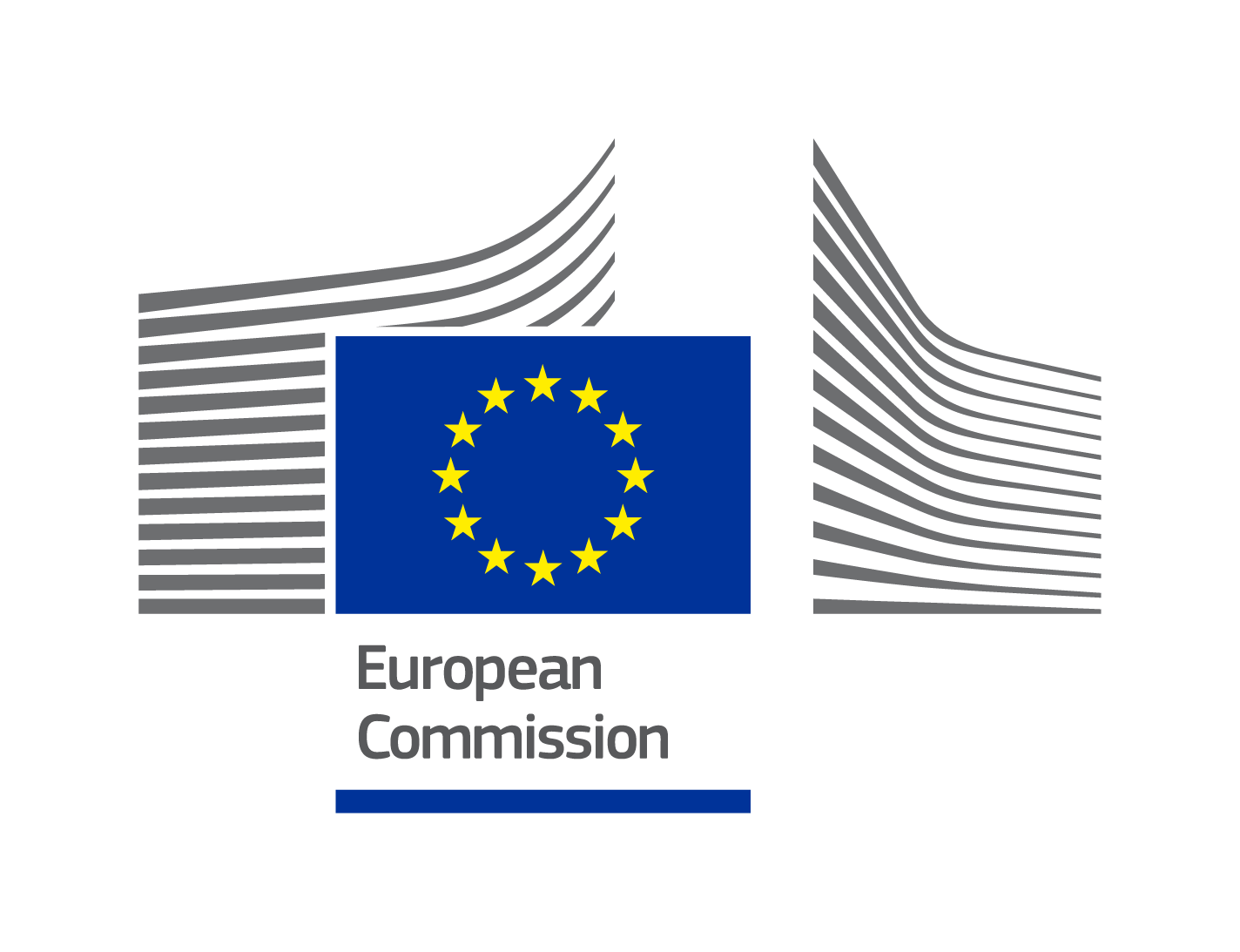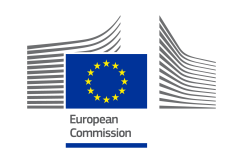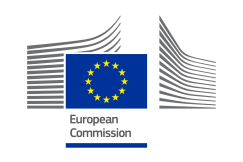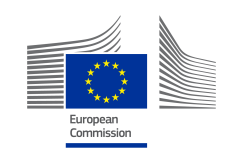Policies
01 April 2025
EU Social Dialogue
Policies
01 April 2025
1. Healthy, balanced and sustainable diets for all European consumers
2. Prevention and reduction of food loss and waste
3. A climate - neutral food chain in Europe by 2050
+4 more
Login / create an account to be able to react
-
7

Promoting social dialogue is a common objective of the EU and its Member States, taking into account the diversity of national systems and respecting the autonomy of social partners.
"Social dialogue" means all types of negotiation, consultation or exchange of information between, or among, representatives of governments, employers and workers, on issues of common interest relating to economic, employment and social policy.
Editorial team
European Commission - DG EMPL
Topics
EU-27
EU Institutions
-
CoC aspirational objectives
-
-
1. Healthy, balanced and sustainable diets for all European consumers
-
2. Prevention and reduction of food loss and waste
-
3. A climate - neutral food chain in Europe by 2050
-
4. An optimised circular and resource-efficient food chain in Europe
-
5. Sustained, inclusive and sustainable economic growth, employment and decent work for all
-
6. Sustainable value creation in the European food supply chain through partnership
-
7. Sustainable sourcing in food supply chains
-
Share
The Commission promotes social dialogue at the EU level:
- by supporting the work of the cross-industry Social Dialogue Committee and the 44 Sectoral Social Dialogue Committees
- by involving social partners in policy- and lawmaking
- by providing financial support to transnational projects carried out by social partners through the two social dialogue call for proposals (support for social dialogue, information and training measure for workers’ organisations).
Capacity-building of social partner organisations at national level can also be supported through the European Social Fund Plus (ESF+)
There are three sectorial social dialogues of specific relevance to the agri-food sector:
Employees' organisations
European Federation of Food, Agriculture and Tourism Trade Unions (EFFAT)
Employers' organisations
Employers’ Group of Professional Agricultural Organisations (GEOPA-COPA)
Employees' organisations
European Federation of Food, Agriculture
and Tourism Trade Unions - EFFAT
Employers' organisations
Employees' organisations
European Federation of Food, Agriculture and Tourism Trade Unions
Employers' organisations
European Committee of Sugar Manufacturers
Related legislation:
The legal basis for the EU Social Dialogue is in the Articles 151-156 of the Treaty on the Functioning of the European Union (TFEU).
Related funding:
The main programme of support for EU Social Dialogue is the European Social Fund Plus (ESF+).
The European Social Fund Plus (ESF+) is the European Union (EU)’s main instrument for investing in people and supporting the implementation of the European Pillar of Social Rights.
With a budget of €142.7 billion for the period 2021-2027, the ESF+ continues to provide an important contribution to the EU’s employment, social, education and skills policies, including structural reforms in these areas.
As part of cohesion policy, the ESF+ also continue its mission to support economic, territorial and social cohesion in the EU – reducing disparities between Member States and regions.
Support under the ESF+ is mainly managed by Member States, with the Commission playing a supervisory role.
Funding therefore takes place through:
- The shared management strand - implemented by Member States in partnership with the Commission. These resources have a budget of €142 billion for the programming period 2021-27 (of which €95.1 billion from the EU budget).
- The Employment and Social Innovation (EaSI) Strand - implemented by the Commission with a budget of close to €762 million for 2021-2027.
Comments (0)
See also
-
5
Trade policy
- Categories
- 2. Prevention and reduction of food loss and waste 3. A climate - neutral food chain in Europe by 2050 4. An optimised circular and resource-efficient food chain in Europe +3 more
-
7
Digital Decade Policy programme 2030
- Categories
- 2. Prevention and reduction of food loss and waste 3. A climate - neutral food chain in Europe by 2050 4. An optimised circular and resource-efficient food chain in Europe +3 more
-
9
A new industrial strategy for Europe
- Categories
- 2. Prevention and reduction of food loss and waste 3. A climate - neutral food chain in Europe by 2050 4. An optimised circular and resource-efficient food chain in Europe +3 more




